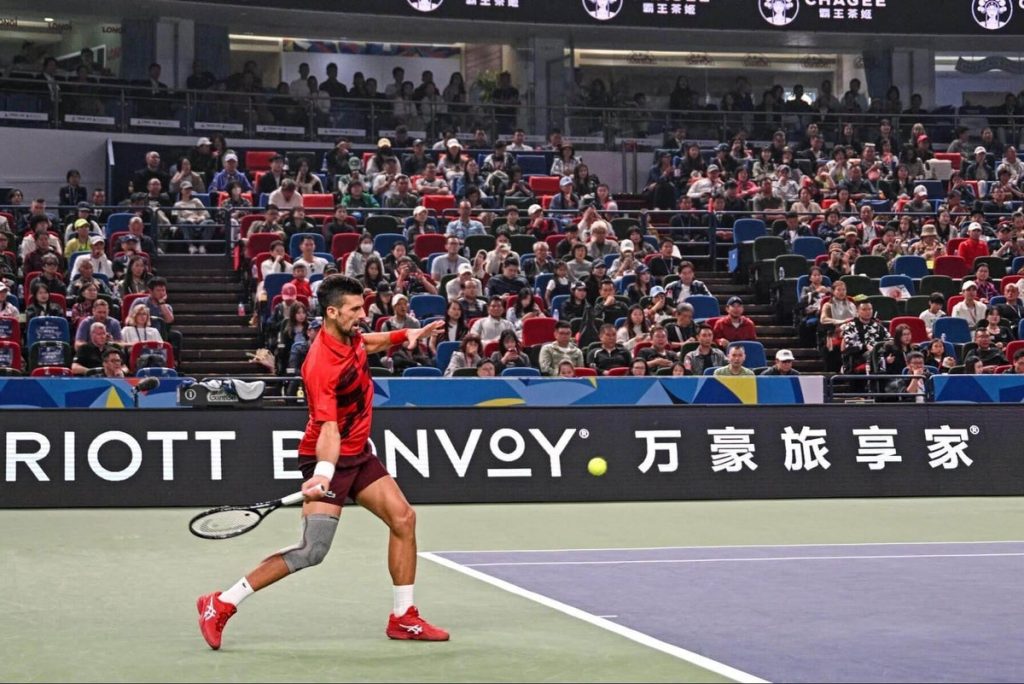The escalating conflict between tennis players and the International Tennis Integrity Agency (ITIA) centers around the concern of alleged harsh treatment by ITIA investigators. Ahmad Nassar, the executive director of the Professional Tennis Players Association (PTPA), accused ITIA of handling players overly aggressively. He stated that players reported incidents of investigators confiscating their personal mobile phones, intimidating their families, and issuing threats of sanctions and suspensions unless they comply immediately. This marks a strategic shift in the PTPA, which has not only begun challenging the ITIA but also bigger entities such as the ATP, WTA tours, Grand Slam tournaments, and others.
Nassar has solicited law firm Weil, Gotshal and Manges, known for its representation of the NFL Players Association and the National Basketball Players Association, to represent the PTPA. Under this new strategy, the PTPA seeks to challenge the long-standing governing bodies of tennis through potential litigation or official appeals to government entities. Sports antitrust attorney James Quinn characterizes the PTPA’s new approach as a much-needed shakeup for tennis, calling the current player treatment “pre-Neanderthal”.
Nassar’s letter to ITIA delves into the qualifications, compensation, and handling practices of ITIA investigators and doping control operators. The PTPA has asked for clarity on how ITIA maintains the legal principle of presumption of innocence throughout its suspension system. The PTPA has also requested explicit information on the type of evidence required for the initiation of an investigation into doping or anti-corruption charges, which may include match-fixing attempts or illicit betting cases.
The scope of the PTPA’s questioning has been framed by the ITIA as misinformed and inaccurate. In response to PTPA’s criticism, ITIA defends its investigators, stating that they work professionally and uphold the agency’s values. The agency clarifies that taking possession of a player’s device or imposing provisional suspensions is never done excessively or without due cause. The strict adherence to the necessary process ensures an independent appeals process for players to address grievances.
This confrontation between the PTPA and the ITIA has been fueled by recent controversies in professional tennis. The incidents involving player Jannik Sinner and World Anti-Doping Agency’s appeal against ITIA’s decision to not suspend Sinner, and the decision made by the Court of Arbitration for Sport to shorten the ITIA imposed ban on Simona Halep have further complicated the perception of the ITIA among players, adding to growing discontent with the handling of the integrity in the sport.
Novak Djokovic, a founding member of the PTPA and a 24-time Grand Slam champion, has expressed frustration about the perceived deficiencies and inconsistencies in the tennis system. His sentiment is shared by several players, who feel the current tennis governing bodies are not adequately addressing their concerns and issues. Despite this, the ITIA asserts that thorough investigation is essential to maintaining the integrity of the game.


